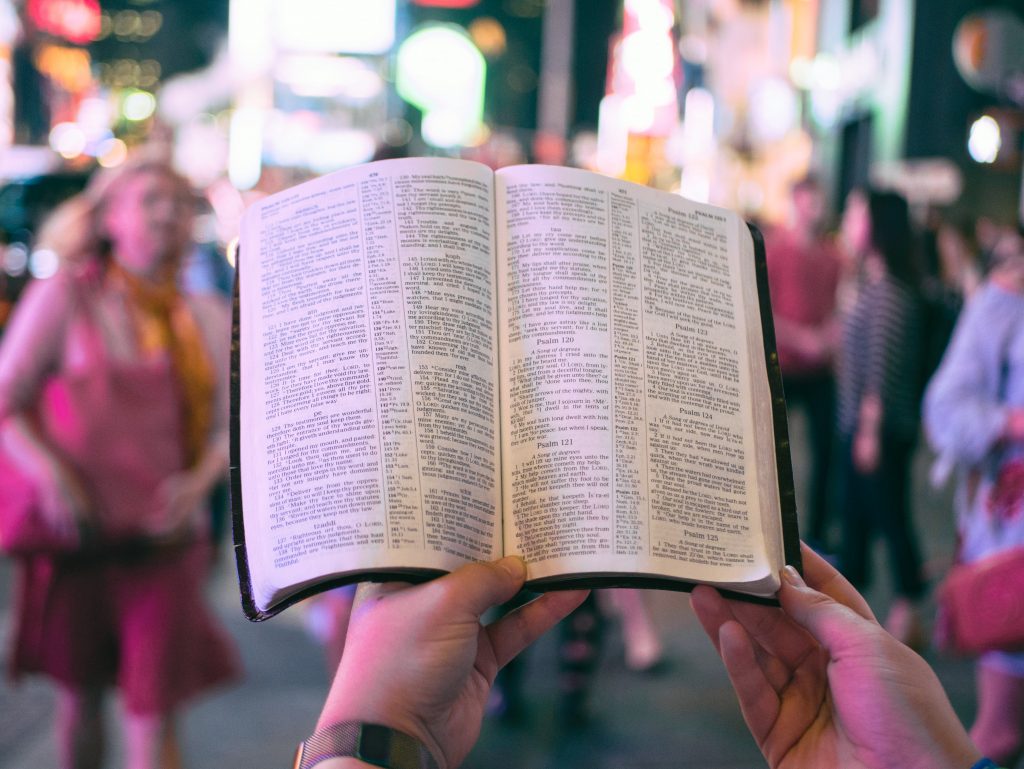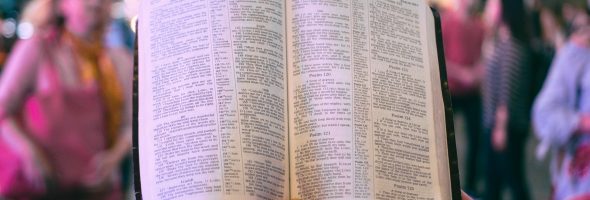As with most Monday nights, I was at Elixir Tea House waiting to host the poetry circle, as I’ve done for more than two years now. Since many of my poems come in the form of songs, I was picking away on my guitar when the two young men stepped from the hallway and gestured their approval. One of them asked what kind of guitar it was.
“Takamine,” I said. “Her name’s Georgia. Do you play?”
One of them shook his head and pointed to the other one who said he’d been playing for about two years, mostly worship music. He asked me to play a lick.
I thought for a minute, put my pick on the table, and played an original called “Long Crawl”, which turns Georgia into a percussion instrument and turns my knuckles red. People often tell me it’s in the style of Michael Hedges, but I’ve never heard him.
The two young men and the two other poets waiting to share their words remarked on how much they liked the chorus.
It’s a long crawl
from where I am to where I want to be.
And it’s a far cry
from what I feel to what I let you see.
One of the young men remarked on Georgia’s custom paint job and asked about her action. I held her up to show him the distance between strings and fretboard and offered it to him. He took her by the neck, thanked me, and sat down to play a song.
While I’m a pretty generous person, and have let plenty of people play Georgia before, it’s still always a little disconcerting when someone else plays her. I reminded myself that it was just a guitar, and listened to the young man’s song.
It was a long song. Eventually, the lyrics revealed that it was a love song to God, and when he was finished, he gave us his testimony about how he’d been “saved”. A quite handsome young man, he told us how he’d been sucked down into depression and his body’s health was failing, and then he went to the Baptists, got baptized, and was healed instantly. It was a miracle.
“Do you know about Jesus?” he asked. I could tell right away where he was going, but didn’t want to be rude.
I chuckled. “Oh yeah,” I said. “We’ve met. I grew up in the church, spent time in the Baptist church. I’m familiar.”
I looked at my phone, and saw that it was quarter past seven. Martha had driven me there, and the only other poet that had gathered so far was Joan, who had already told me from behind her mask that she was probably going to go, as she had also said the last few weeks before actually being the last to leave at the end of the evening. I was still munching on the cheese plate and french fries that Martha and I had ordered, and I’d been willing to let the young man tell his story, but then came the first question.
“Let me ask you this, “ he said to Martha, “if you were to die today, do you think you’d go to heaven?”
“Evangelism Explosion,” I said with a chuckle, remembering the training I’d had at Sarasota Baptist Church when I was in high school.
The gist of Evangelism Explosion, or EE, is that budding evangelists are trained to ask people two questions, the one asked of Martha and the follow up question, “If you were to stand before God, and He were to ask you, ‘Why should I let you into heaven,’ what would you say.” By framing these questions this way, it is easier for the evangelist to drive the conversation toward the crux of their message within the framework they’ve established. Just like any salesmen, the only way to get what they tell you that you need is to buy what they’re selling.
Martha answered the first question, and I was interested to hear what she had to say as a Buddhist and alternative spiritualist, but before he asked the second one, I let the young men know that we were gathered together to read poetry, and that I’d already been down the path of Christianity and wasn’t interested in revisiting it. As Martha looked for a poem in one of her many filled notebooks, Joan offered one regarding faith, drawn from the words of a book of prayer, and how the beauty of poetry wasn’t about nailing down precise knowledge but exploring the possibilities through expression and language (Of course, I’m paraphrasing and probably have it all wrong.)
The young man appeared to listen, and when she was finished, he started asking about how people get morality. Other than my reminders that we were gathered to read poetry, I’d done a good job of holding my tongue, trying to be a polite host, giving the young man room to speak and ask questions. When he brought up idolatry, I didn’t point out that putting the Bible above God was the very definition of idolatry and the foundation of the Christian empire. But when he brought up morality, I felt that I could address the topic without slandering his religion too much.
I explained that some folks have moral codes given to them through their traditions. Some people follow those moral codes, some people pretend to follow those moral codes, and some people don’t care at all about those moral codes. But mostly, people get to a point of realizing how their behavior affects the rest of the world through their relationships with other people and the rest of the world, and they establish rules for themselves that help them create the lives they want. Along the way, some people work it out for themselves, and some people take shortcuts.
Martha corrected me on “shortcuts”, knowing I meant the Bible. She pointed out that some people sense their moral code more intrinsically and some use tools that help them to get to the point of being empowered to make those hard decisions. (Again, I’m paraphrasing.) I went to ask for more crackers to go with the cheese.

At one point, the young man remarked that he wasn’t religious. I told him of course he was. He said he wasn’t because religions hurt people. I didn’t want to stand up for religion and point out that it is actually based on the idea of unity. And since I’ve met his type before, I knew that he was too religious to even understand that he was religious.
While he always kept a pleasant demeanor and expressed his interest in learning, as EE trained him to do, all of his questions were driving, forcing the conversation toward the extremes he established. Eventually, Martha had enough.
“Okay,” she said, standing, “I’m getting turned off and a bit triggered so I’m gonna read this and go.”
She has an incredible way with words, and it would have been wonderful if the young man had ears to hear as she spoke of the spirit of life that lives in all of us. As she left and the two young men finally decided to have the rest of their tea in another part of the tea house, I told him that in his search for a moral code, as he grows up and becomes a man, hopefully he’ll recognize that part of morality needs to be in respecting people’s boundaries.
Of course, although I usually run poetry night pretty casually and allow for plenty of conversation between poems, I wished that I had established firmer boundaries with the evangelist myself. As a poet and an activist, I am more than grateful for and supportive of freedom of speech, but when you come to poetry night, we greatly prefer you to bring poetry than persuasion. As a matter of fact, that’s pretty much true for the rest of life as well, but it’s a long crawl from where we are to where we want to be.

